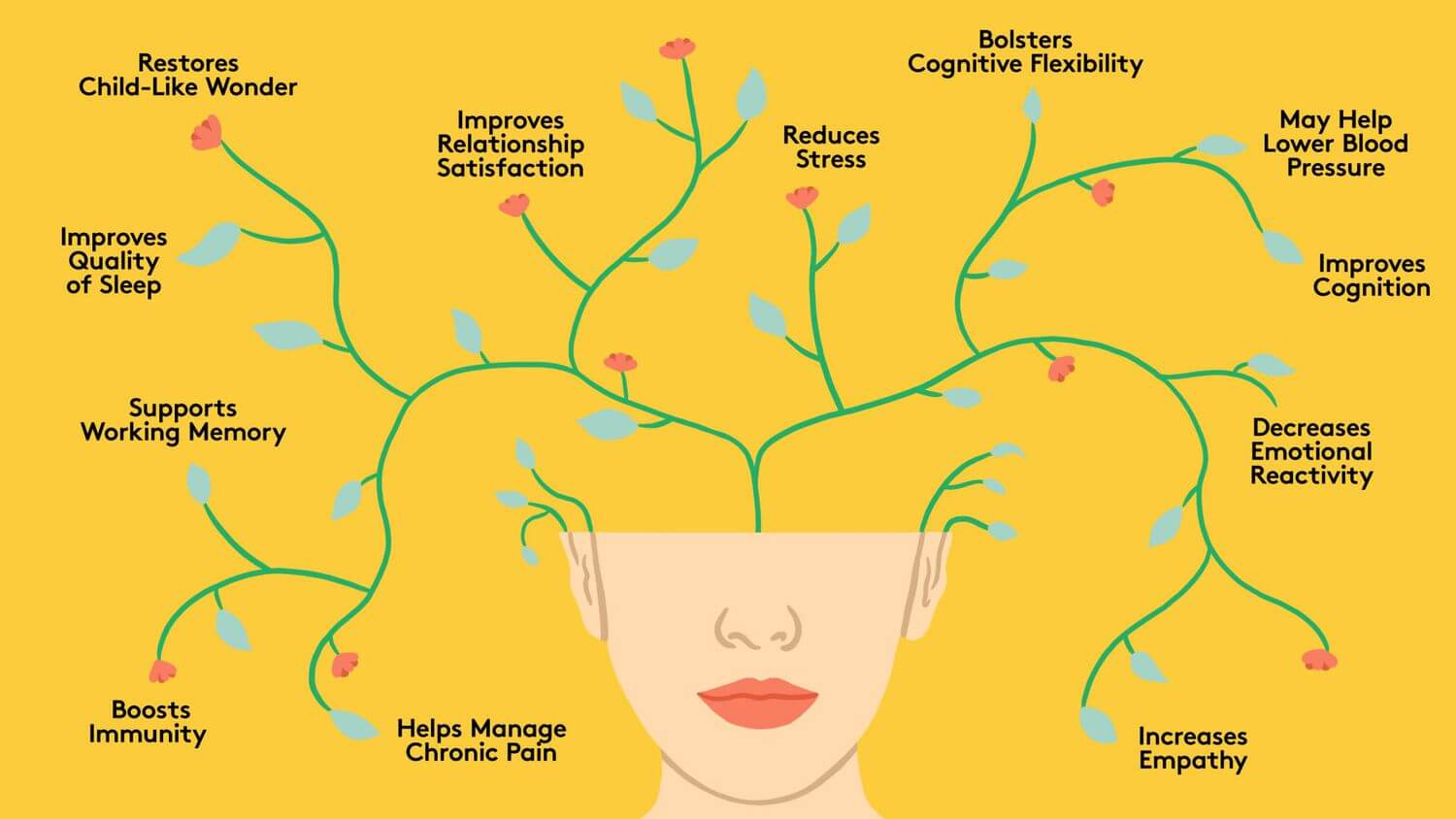Introduction
In our fast-paced, modern world, stress has become a constant companion for many. The demands of work, family, and personal life can leave us feeling overwhelmed and anxious. However, there is a powerful tool that can help you navigate the chaos and find tranquility within – mindful meditation.
What is Mindful Meditation?
Mindful meditation is a mental practice that involves focusing your attention on the present moment, without judgment. It’s about being fully aware of your thoughts, emotions, and sensations. By practicing mindfulness, you can create a deep sense of peace and harmony within yourself.
The Science Behind Mindful Meditation
Numerous studies have shown that mindful meditation has a profound impact on the brain. It can reduce the size of the amygdala, the part of the brain responsible for processing stress, and increase the gray matter density in areas related to memory, learning, and self-awareness.
Getting Started with Mindful Meditation
Begin your mindfulness journey by finding a quiet, comfortable space. Sit or lie down in a relaxed position and close your eyes. Focus on your breath, and let go of any distracting thoughts.
The Art of Mindful Breathing
Concentrate on your breath as it enters and leaves your body. Feel the rise and fall of your chest and the sensation of air passing through your nostrils. If your mind wanders, gently bring your attention back to your breath.
Cultivating Mindfulness in Daily Life
Mindfulness is not limited to meditation sessions; it can be integrated into your daily routine. Pay attention to the taste, smell, and texture of your food, or the sensation of water during a shower.
Reducing Stress and Anxiety
Mindful meditation has been proven to lower cortisol levels, reducing stress and anxiety. It helps you become more resilient in the face of life’s challenges.
Enhancing Emotional Well-being
By acknowledging your emotions without judgment, you can gain a better understanding of them. Mindfulness allows you to respond to situations with greater emotional intelligence.
Improving Concentration and Focus
Mindful meditation sharpens your cognitive abilities. It enhances your concentration and focus, making you more efficient in your tasks.
Mindful Meditation for Better Sleep
If you struggle with sleep, practicing mindfulness before bedtime can calm your mind, leading to a more restful night’s sleep.
Boosting Self-awareness and Empathy
Mindfulness fosters a deep sense of self-awareness and empathy. It helps you understand yourself and others on a profound level.
Mindful Meditation and Physical Health
Mindfulness also has physical benefits, such as lowering blood pressure and boosting the immune system. It promotes overall well-being.
Mindfulness in Relationships
Mindful communication can improve relationships by reducing misunderstandings and conflicts. It allows you to listen more attentively and respond thoughtfully.
Overcoming Common Challenges
While mindfulness can be transformative, it’s essential to be patient with yourself. Common challenges include restlessness and distraction. With practice, these can be overcome.
Conclusion
Incorporating mindful meditation into your daily life can lead to a stress-free and emotionally balanced existence. It’s a powerful tool for self-improvement and overall well-being.
Frequently Asked Questions
1. How long should I meditate each day to see results?
You can start with just 10-15 minutes a day and gradually increase as you become more comfortable.
2. Can I practice mindfulness at work?
Absolutely. Quick mindful breaks during the workday can help reduce stress and boost productivity.
3. Is mindful meditation a religious practice?
No, it’s a secular practice rooted in psychology and neuroscience, making it accessible to everyone.





